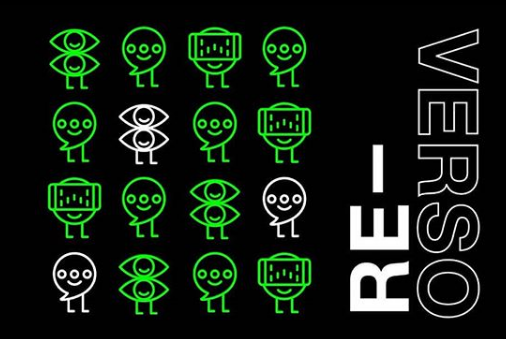The government of President Tabaré Vázquez decided to fine radio and TV stations that refused to broadcast a statement last October in favor of overturning Uruguay's amnesty law, only three days before a national vote on the issue, El Espectador and Página 12 report.

The case of the Uruguayan site Amenaza Roboto is remarkable. Within a year, the multimedia platform that covers science and technology produced in Latin America for a Spanish-speaking audience has paid all its bills.

Election coverage is perhaps one of the biggest challenges in newsrooms: processing large volumes of information in a short time and with the same team that works in everyday conditions.
All political parties with representation in the Uruguayan parliament are set to sign an Ethical Pact against misinformation on April 26. The initiative was born of the Uruguayan Press Association (APU) with the purpose of politicians committing to "not generate or promote false news or disinformation campaigns to the detriment of adversaries" in the next electoral contest, reported Observacom.